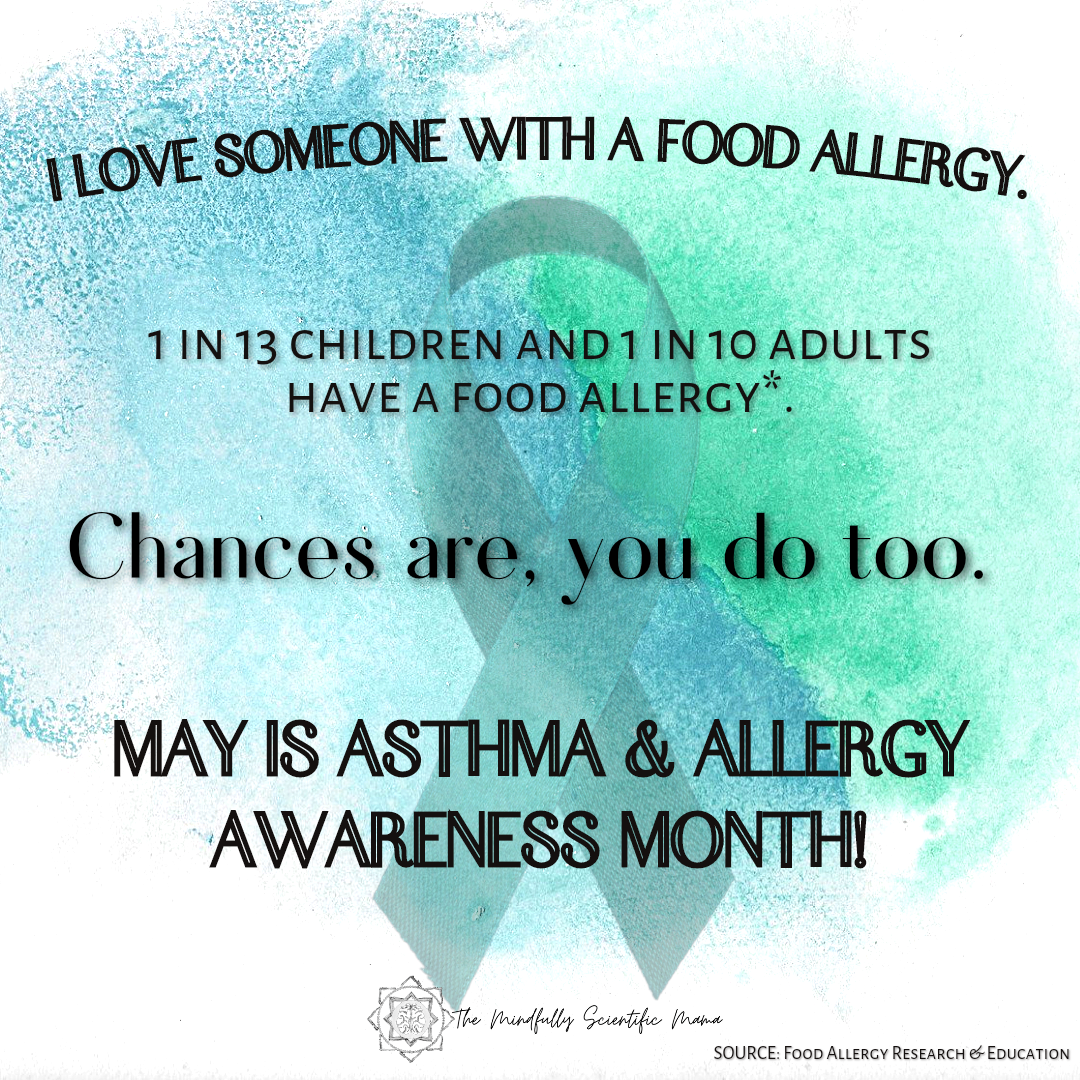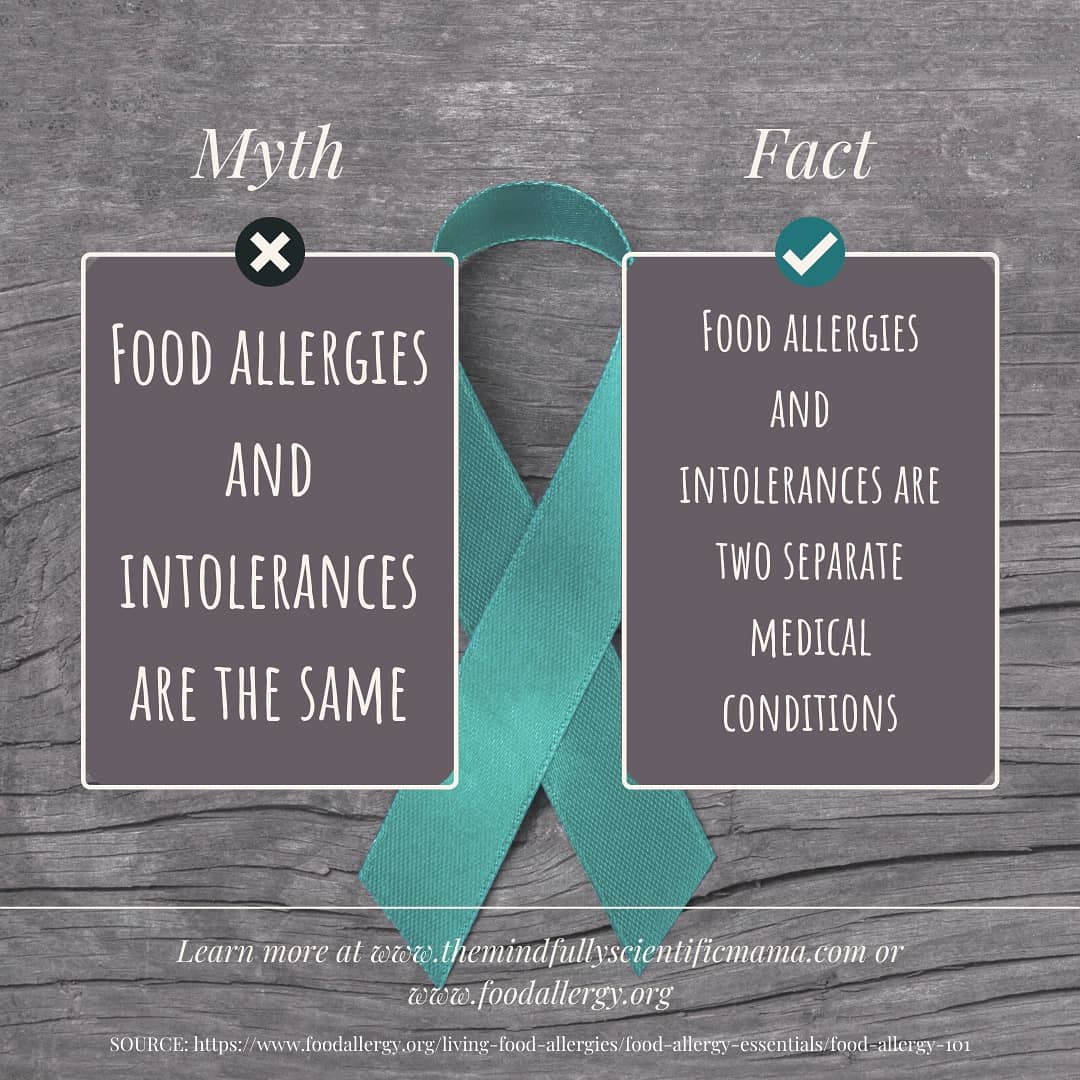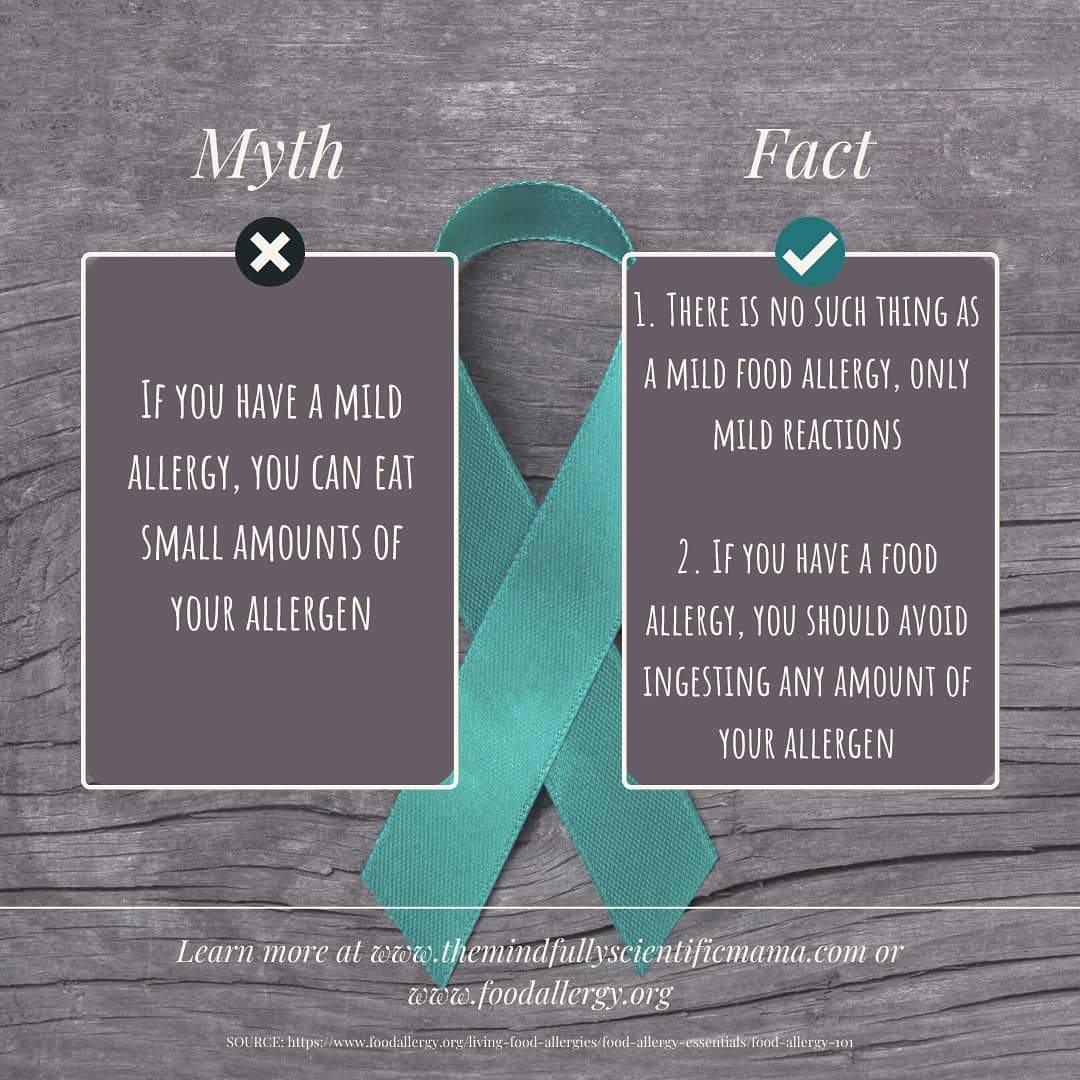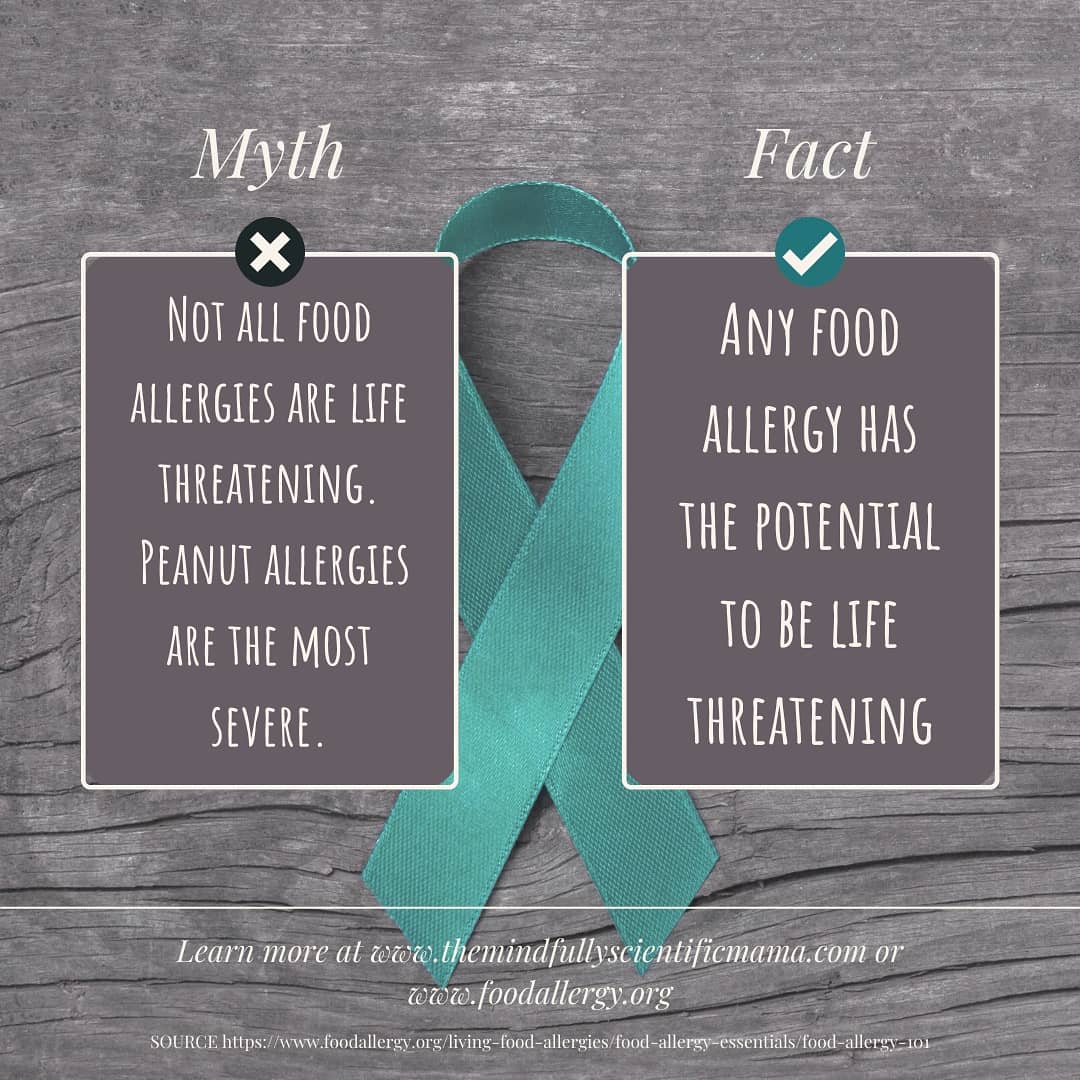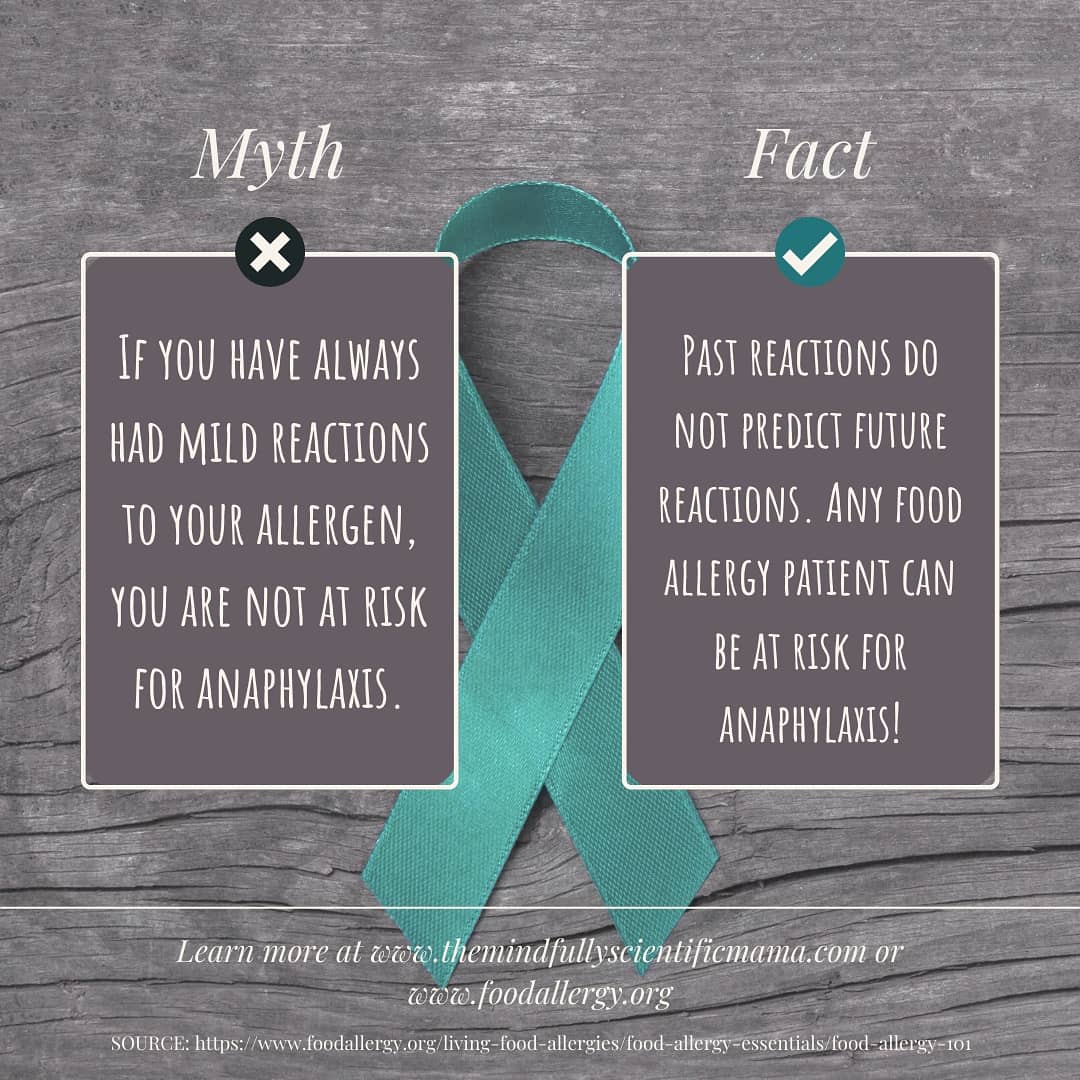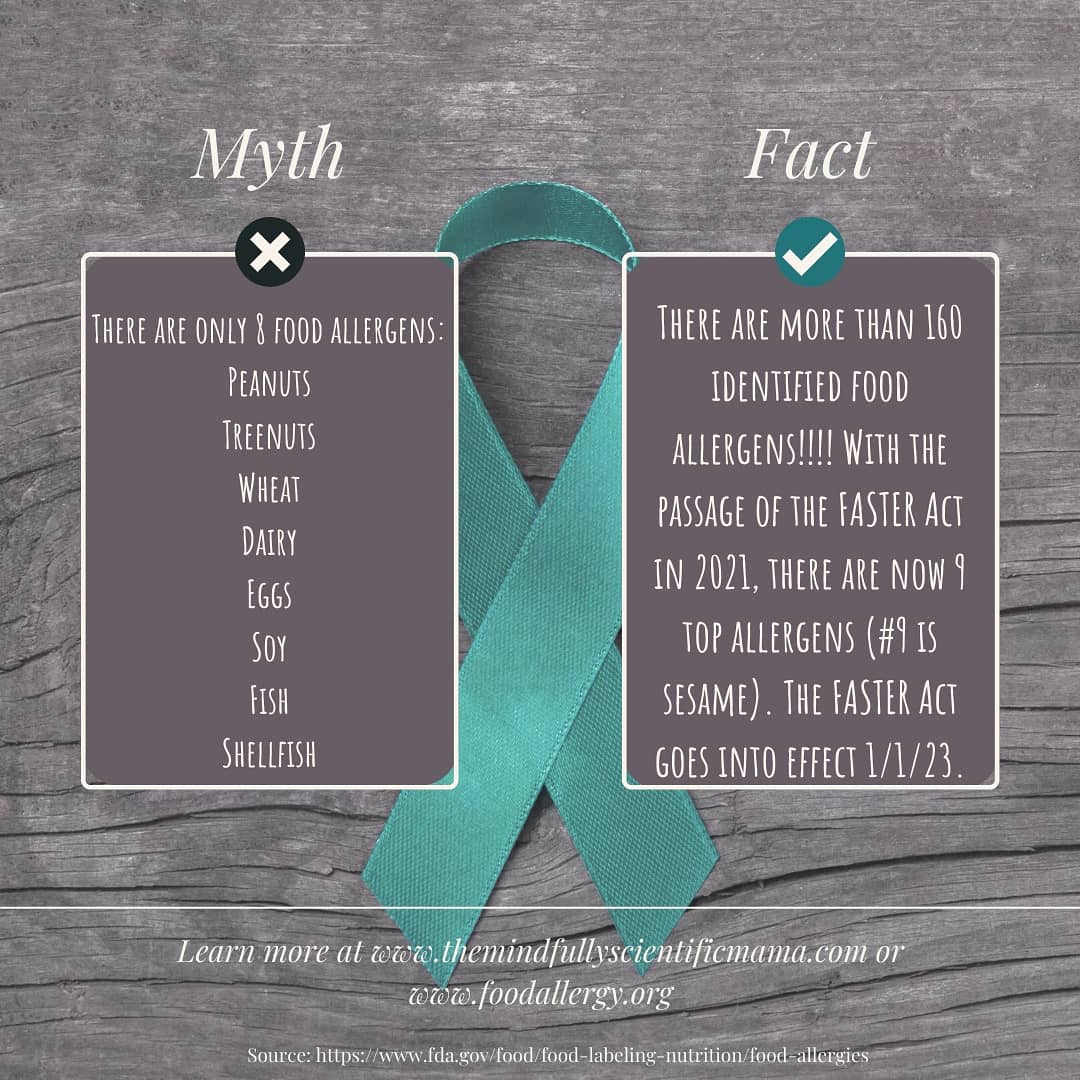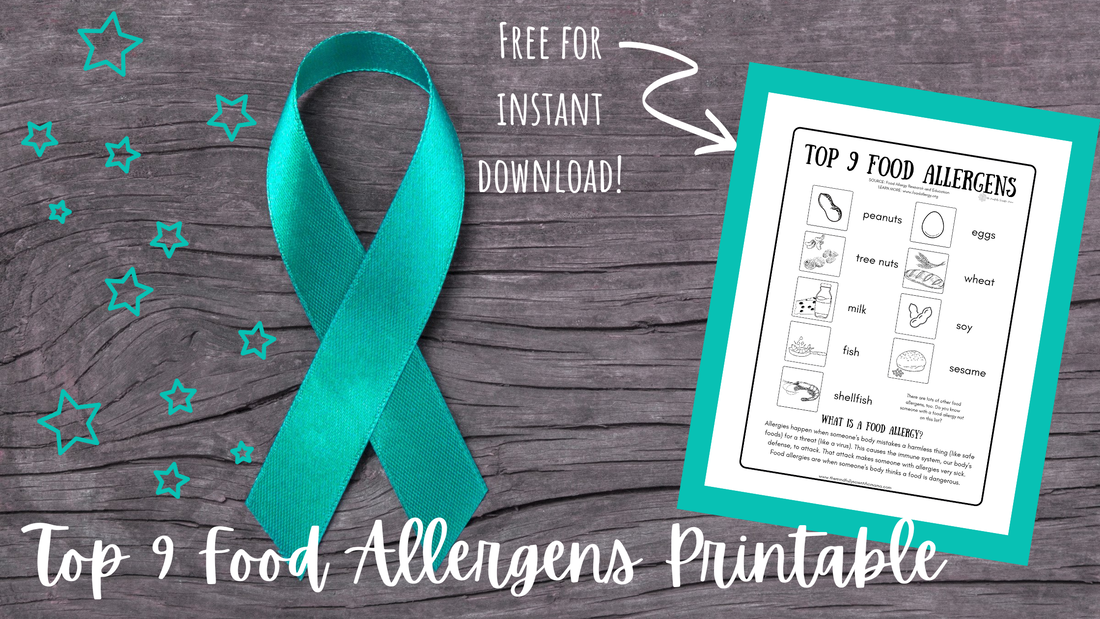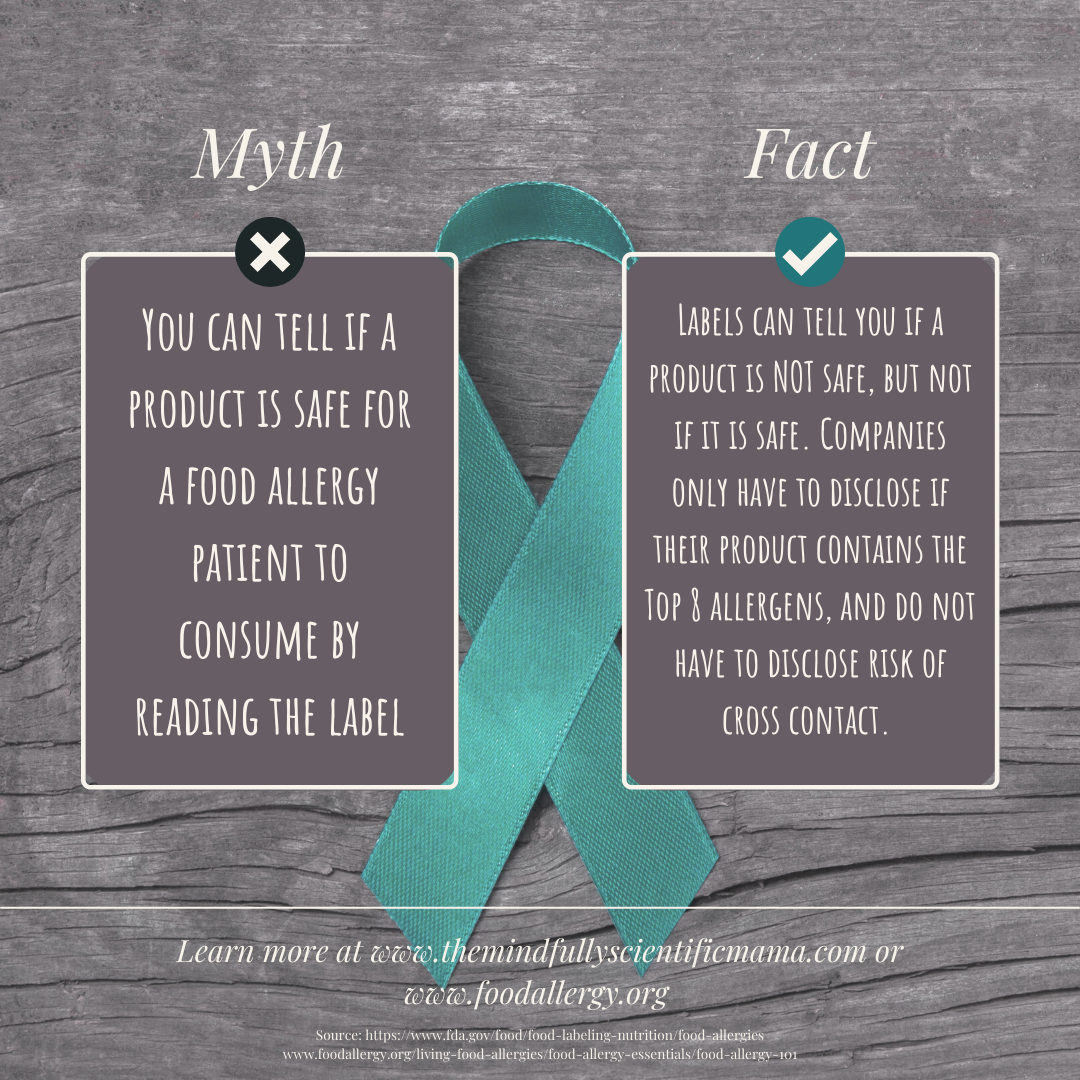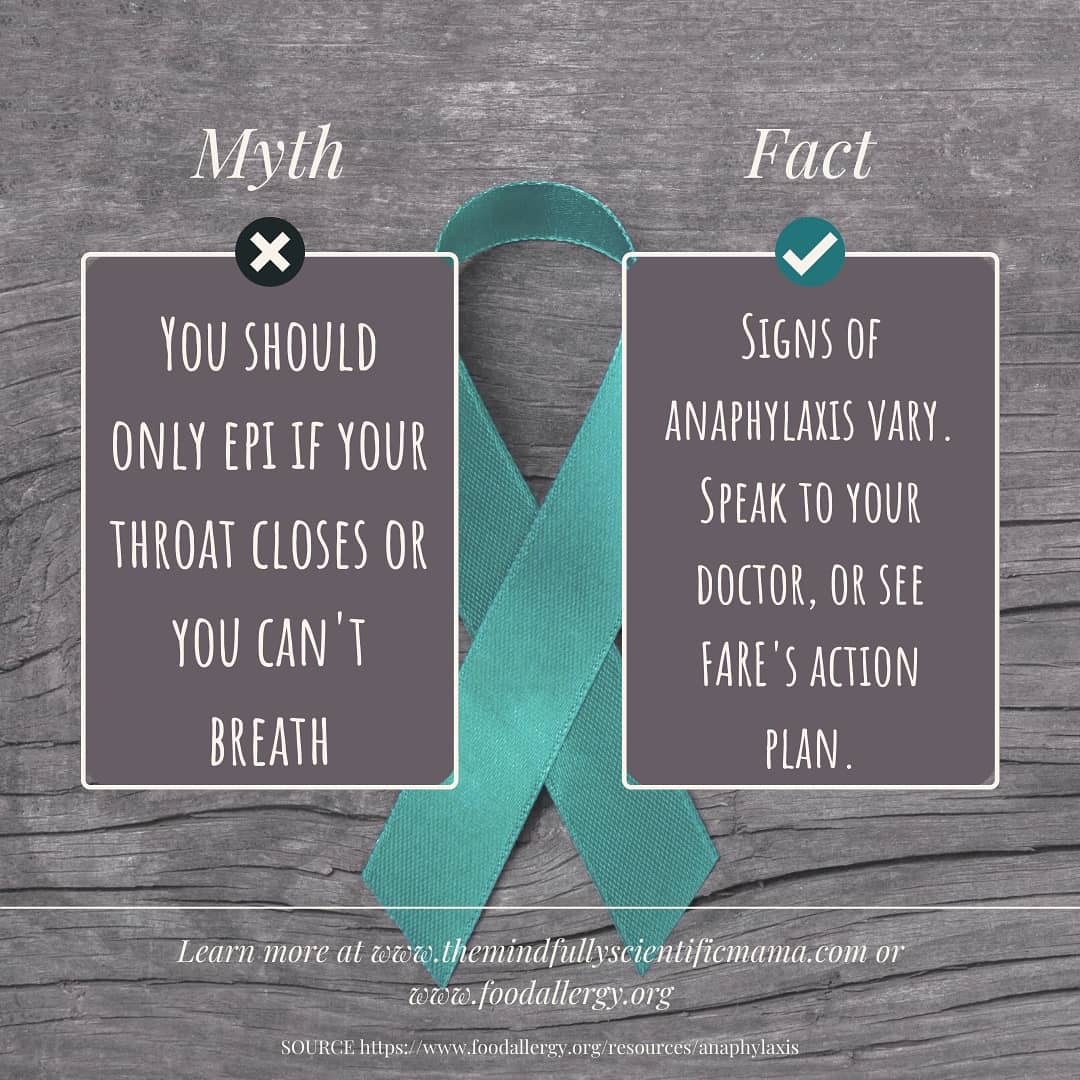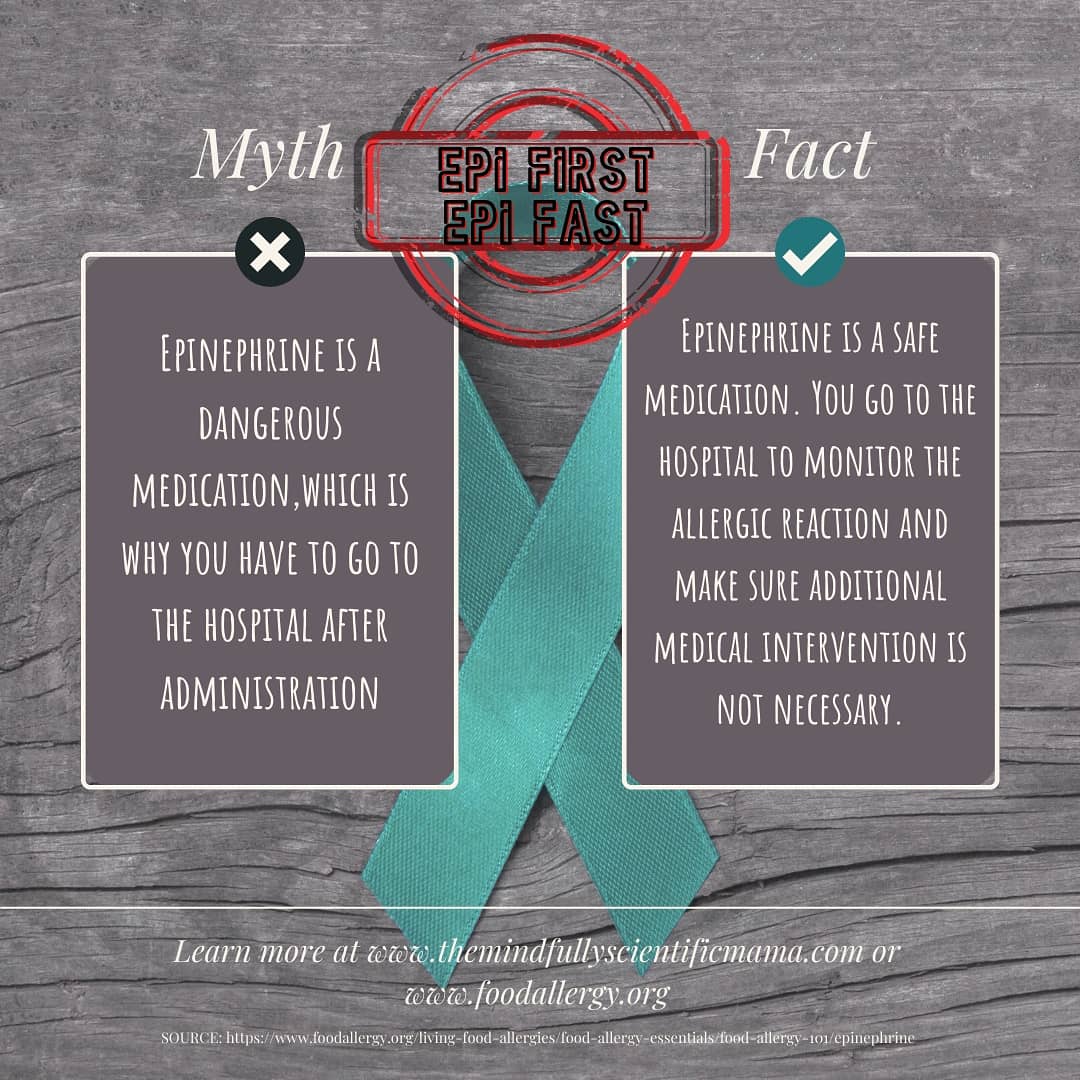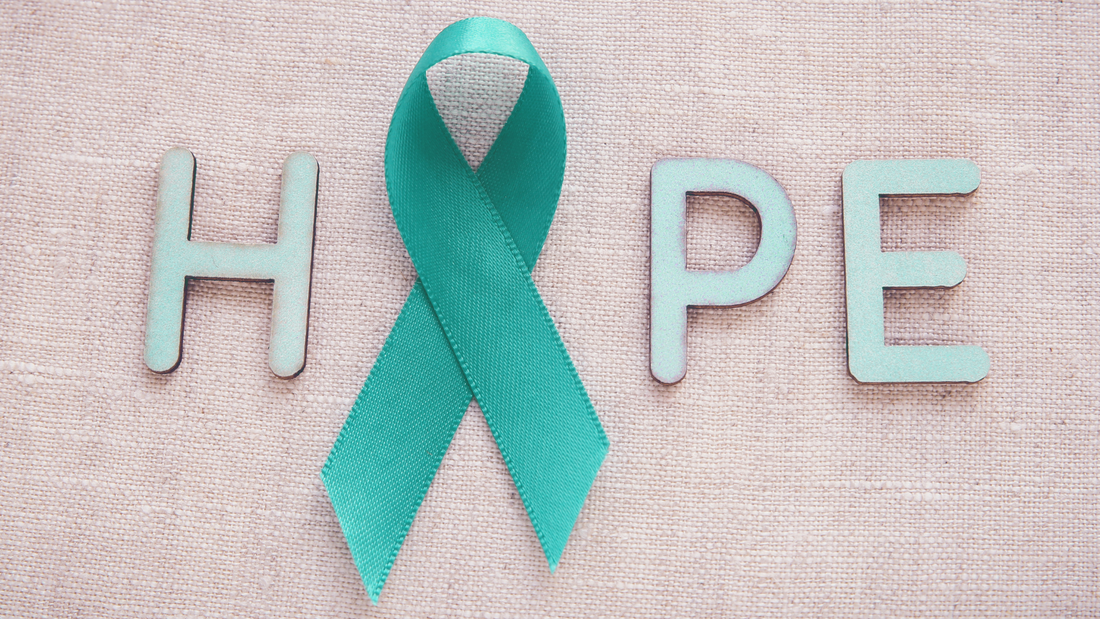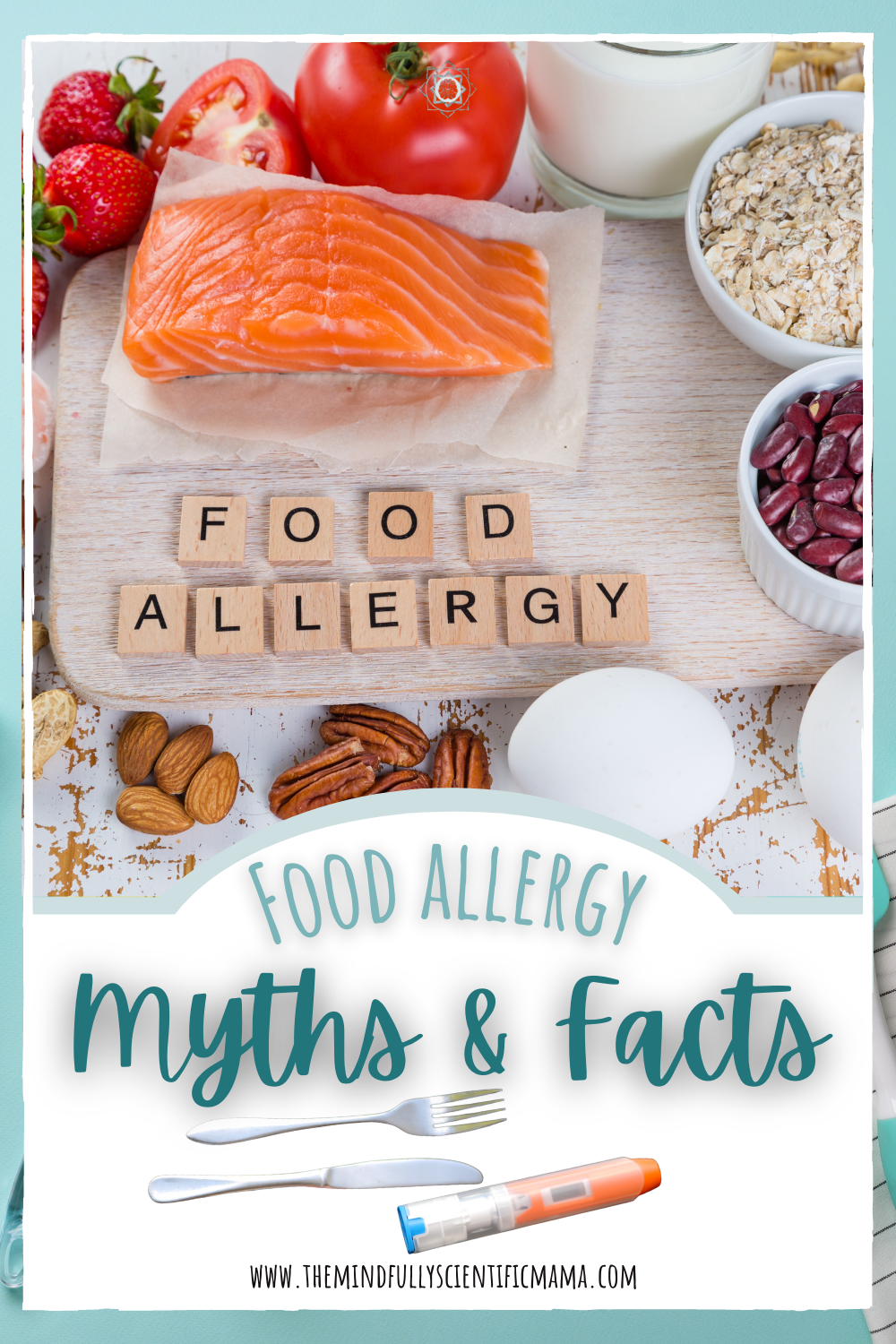Disclaimer: This page may contain affiliate links. As an Amazon Associate, I earn from qualifying purchases. My participation in this program comes at no added cost for you, and commissions earned help support my small business. You can learn more here.
My site is currently under construction. You may notice some links and pages not working correctly while this process occurs. Please feel free to reach out with any questions or concerns in the interim!

